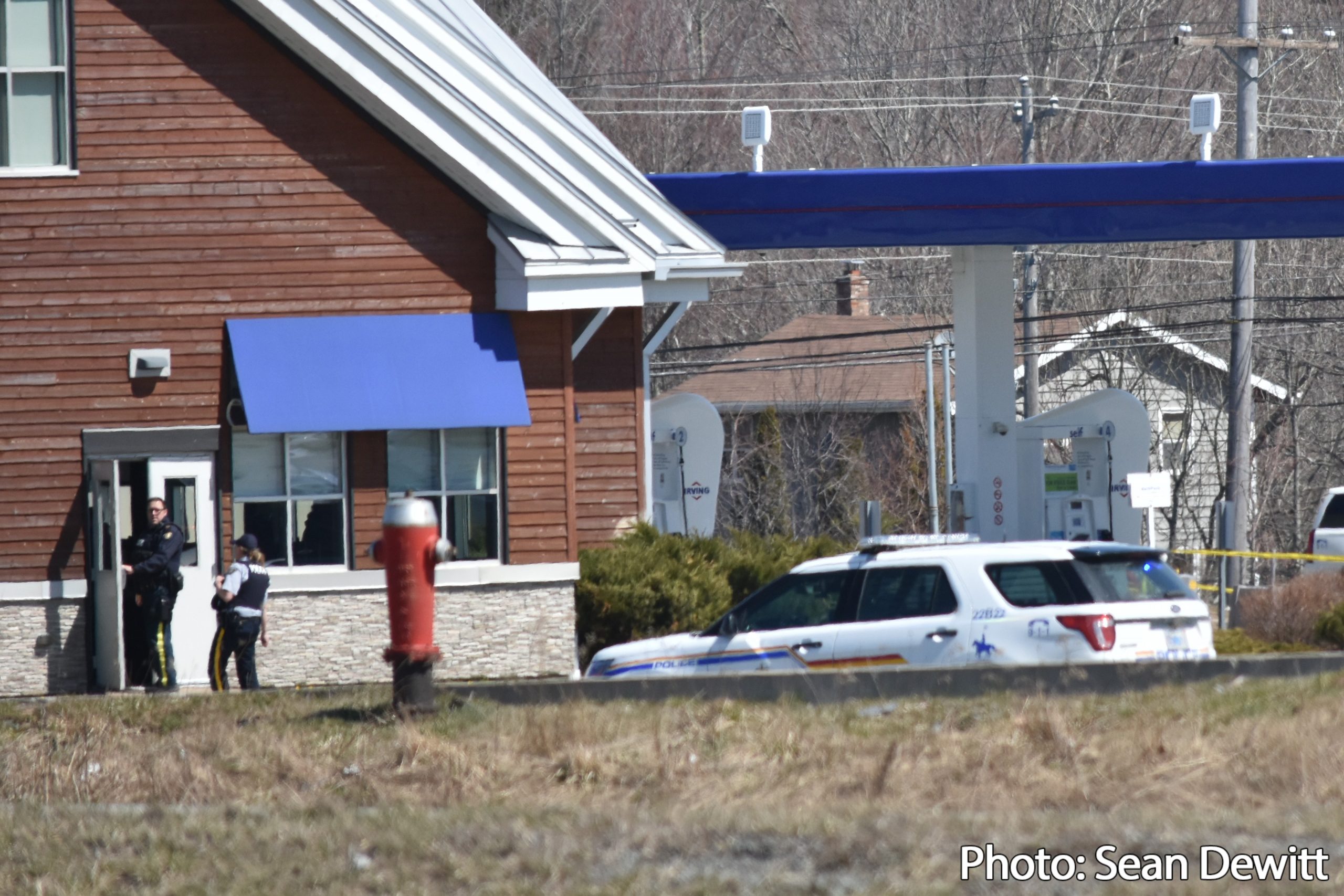**** RCMP Media Release
RCMP Commanding Officer responds to Mass Casualty Commission’s final report

Today, the Mass Casualty Commission (MCC) released its final report, Turning the Tide Together. Assistant Commissioner Dennis Daley, Commanding Officer of the Nova Scotia RCMP, publicly addressed the report this afternoon in Truro.
“We fully supported the MCC’s independent examination of the April 2020 incidents,” says Assistant Commissioner Dennis Daley. “And we committed to learning from the incidents, improving our operations, and supporting our employees to make Nova Scotia’s communities safer.”
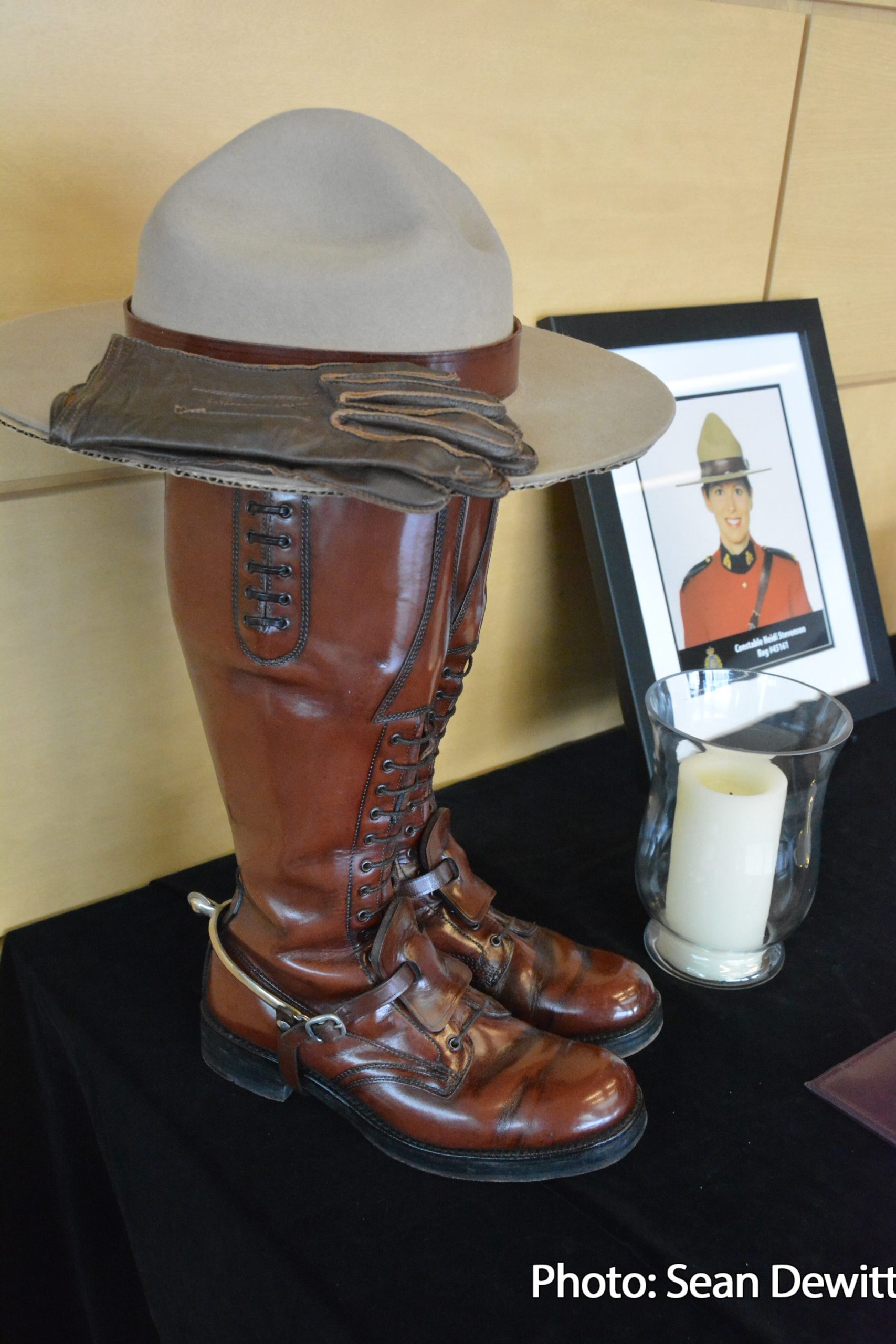
As the Commanding Officer of the Nova Scotia RCMP, I, too, want victims’ families and survivors to know I am sorry for the pain and trauma you have suffered.
The individuals who responded in April 2020 did their best while putting the safety and wellbeing of others ahead of their own. But I know our response wasn’t what you needed it to be. And for that, I am deeply sorry.

I cannot know your loss; what I hope I can do is provide assurance of our commitment to you –
While we can’t change what happened in 2020, we can – and we will – learn.
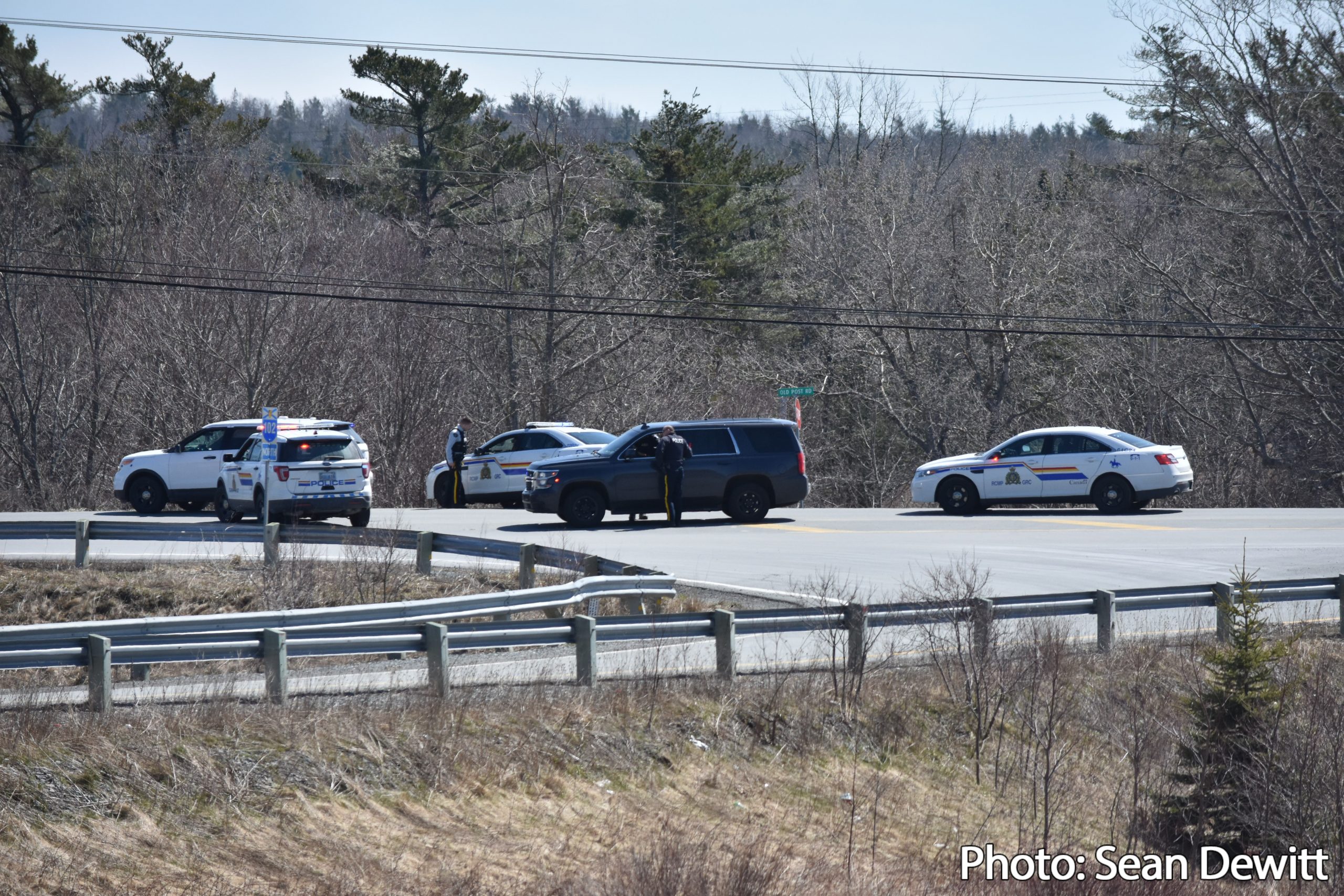
And with that learning, we will improve.
I echo Commissioner Duheme’s appreciation to the Mass Casualty Commission. The work that has been done over the last months will help guide public safety in Nova Scotia, and in every community across the country – communities served by the RCMP and those served by other police services.
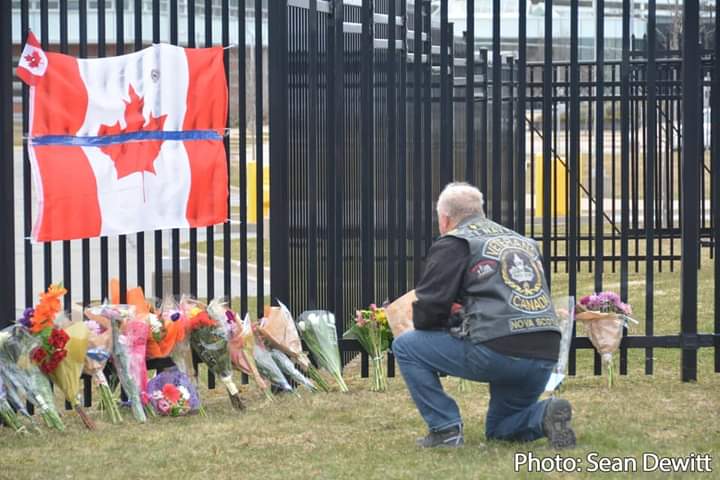
As we noted from day one of the inquiry, the RCMP fully supported the independent mandate of the MCC to examine the incidents of April 2020.
And we are here today with a promise to act on the MCC’s recommendations in a manner that is transparent to the victims, survivors and their families.

With any review, areas for improvement are identified. But I want Nova Scotians, and all Canadians, to know we did not wait for the release of today’s MCC report to make important changes.
As you heard from Commissioner Duheme, since 2020, much work has been done across our organization to improve our operational capacity.

We have enhanced resourcing for our emergency response team. We have invested in new equipment. We have opened a state-of-the art Operational Communications Centre here in Nova Scotia. Our employees have received additional training in a number of key areas. We have added to our protocols around critical incident command and management. We have worked to improve relationships with our policing partners across the province. And, as Commissioner Duheme noted, we have changed our approach to emergency alerting.
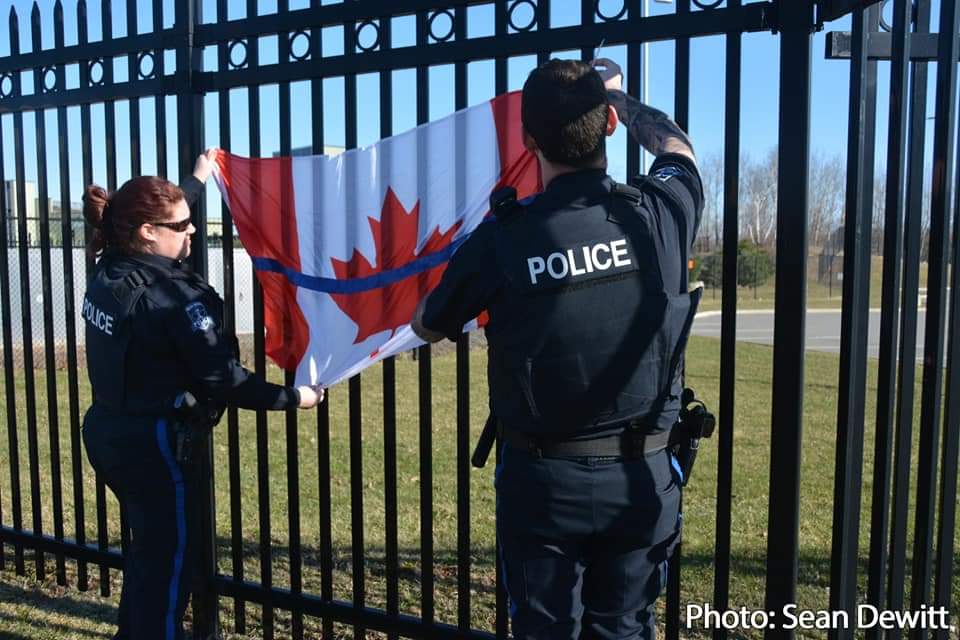
These are a few examples of the many changes we have already implemented.
And we are fully committed to more change.

Informed by the MCC report, and in collaboration with our partners in policing, public safety, community services, and other areas, we’ll be leaning into the recommendations with the goal of making the communities we live in, and work in, safer.
To protect and preserve life is our number one priority.
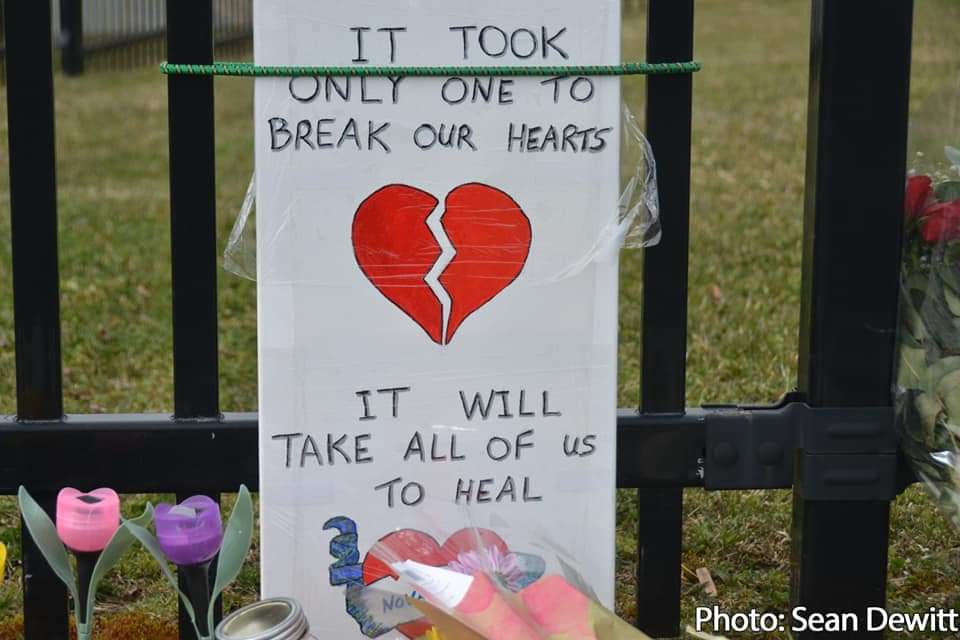
Nova Scotians: this commitment to continuous improvement is what you can expect from me as the leader of your provincial police service.
Thank you.
